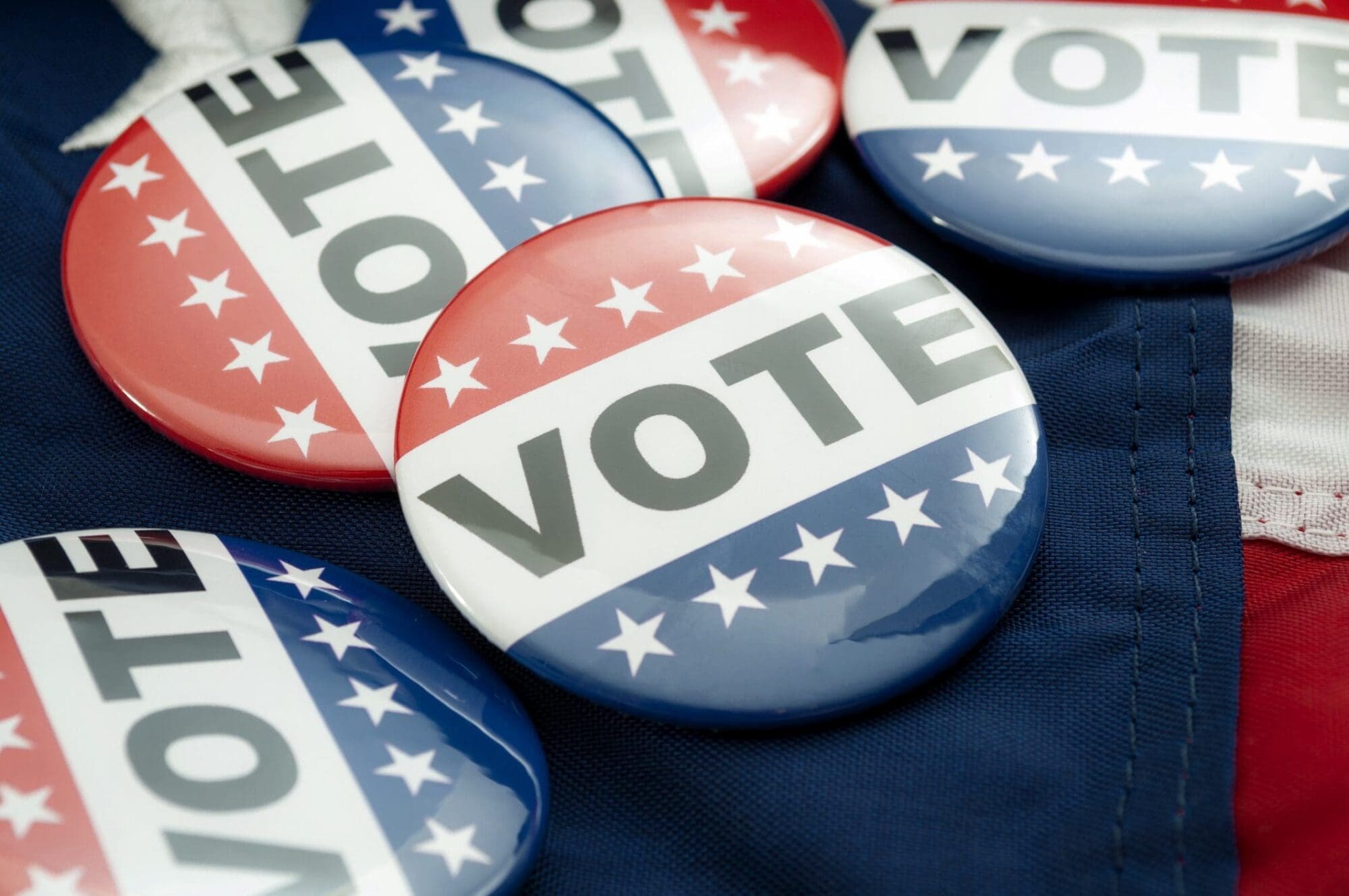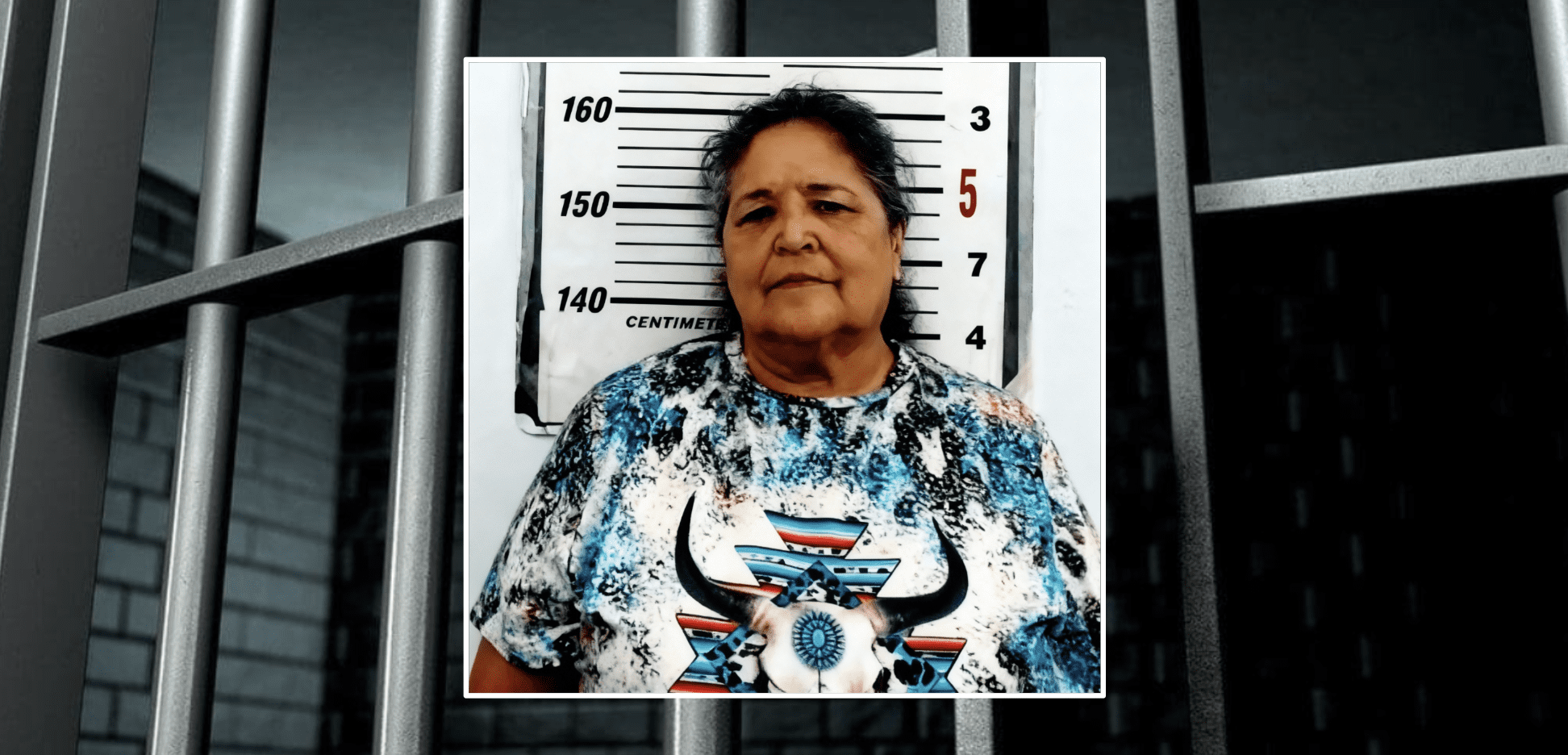When Texans vote, they expect transparent elections will not extend to violating the secrecy of their ballots. However, recent developments have brought this into question.
During a Texas House Elections Committee hearing this week, lawmakers probed the Secretary of State’s office following reports suggesting that ballot secrecy might be compromised.
Christina Adkins, Elections Director at the Secretary of State’s office, explained that some individuals claim to unmask votes using an undisclosed algorithm. But it’s unclear if an algorithm is to blame for ballots being linked to voters or just a complex process of elimination.
The “algorithm” has not been reviewed by the Secretary of State or Attorney General’s office, but it was a focal point of this week’s hearing. During the hearing, State Reps. Dustin Burrows (R-Lubbock) and Giovanni Capriglione (R-Southlake) expressed strong concerns and a desire to address this issue urgently.
Testimony during the hearing highlighted that the true problem might not be a top-secret algorithm, but a methodical process of elimination. Given the fragmented nature of weeks-long early countywide polling, it’s possible in low-turnout scenarios to triangulate a ballot belonging to a specific individual.
Chairman Reggie Smith (R-Van Alstyne) summed up the situation: “To get a summary here, with regard to the problem, what we have here are two routes. One is this algorithm, which we’re not sure is really a problem, and the second one is this process of elimination, which we know is a problem.”
Christine Welborn with Advancing Integrity says the state must proceed carefully to address this issue. “On the one hand, the secrecy of the ballot must be maintained, but legislation to increase transparency over the past several legislative sessions needn’t be a victim to this effort.”
A couple of potential solutions to stop individuals from unmasking ballots were discussed during the hearing.
The first was adjusting precinct drawing rules to increase voter numbers per precinct, making it more difficult to guess which votes or ballots belong to which voter.
The second solution, aggregating results, would mean combined reporting from adjacent precincts to obscure voting patterns. However, this solution could impact election recounts and their costs in high-turnout elections, necessitating careful configuration.
Adkins directly addressed worries about ballot information being printed onto ballots linking back to voters. She assured the committee the Secretary of State’s office has never been able to replicate claims of ballots being printed with information linking back to an individual vote.
A representative from ES&S, a voting system vendor, confirmed: “ES&S does not produce ballots that can be traced back to individual voters.”
A representative from Hart InterCivic, a Texas-based voting system vendor, gave the committee similar assurances.
ES&S and Hart produce the only two voting systems that are certified for use in Texas.
State Rep. Valoree Swanson (R-Spring) expressed skepticism over efforts to move to sequentially numbered ballots during an exchange with Adkins. “They have this demand that we go back to sequentially numbered ballots, like that seems worse to me.”
According to Adkins, the Texas Constitution has a provision for numbering ballots for them to be linked back to specific voters.
“It was not to prioritize ballot secrecy; in fact, it was just the opposite,” Adkins testified. “It was specifically to tie it to a voter.”
The Attorney General’s office has issued several rulings confirming that government entities have a legal duty to protect ballot secrecy by redacting personally identifying information on election records when a Public Information Act request is made.
This hearing set the stage for the 2025 legislative session.
Other topics included updates on how elections are being run in Harris County and how Texas is verifying voter rolls since exiting the Electronic Registration Information Center (ERIC).
Senate Bill 1070, a Texas GOP priority in 2023, modified the election code to end Texas’ participation in the ERIC interstate crosscheck program. Adkins said the state is developing a new system, set to roll out in 2025, that aims to modernize and secure programming and matching protocols by going directly to data sources without additional requirements that were included with participation in ERIC.
No ads. No paywalls. No government grants. No corporate masters.
Just real news for real Texans.
Support Texas Scorecard to keep it that way!





